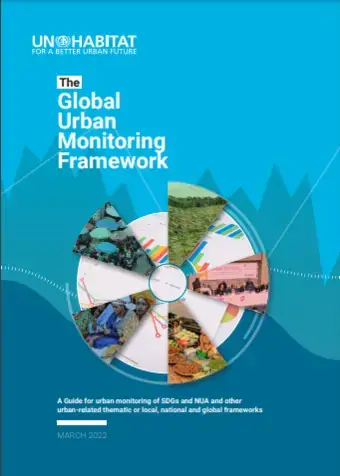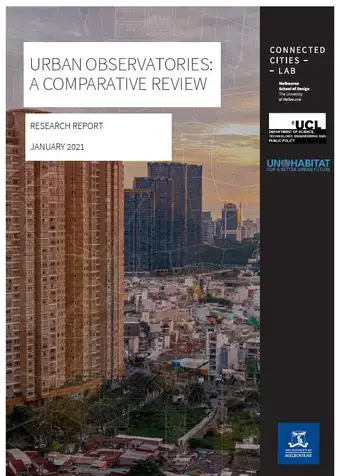Nairobi, 17 July 2018 - With support from UN-Habitat’s Global Urban Observatory and the Africa Center for Statistics at the United Nations Economic Commission for Africa (UNECA), two cities in Tunisia are developing frameworks for monitoring and reporting on SDG 11. Specialized training workshops conducted in the cities of Monastir and Tozeur were attended by high level government officials, demonstrating commitment and goodwill.
The journey to monitoring SDG 11 kicks off in the Asia-Pacific Region
 The United Nations Economic and Social Commission for Asia and the Pacific (ESCAP) in collaboration with the United Nations Human Settlements Programme (UN-Habitat) through its Global Urban Observatory unit organized the Asia-Pacific Regional Training Workshop on Human Settlement Indicators of the SDGs (SDG 11 and other urban related SDGs) at the United Nations Conference Centre (UNCC) in Bangkok, Thailand from 26 to
The United Nations Economic and Social Commission for Asia and the Pacific (ESCAP) in collaboration with the United Nations Human Settlements Programme (UN-Habitat) through its Global Urban Observatory unit organized the Asia-Pacific Regional Training Workshop on Human Settlement Indicators of the SDGs (SDG 11 and other urban related SDGs) at the United Nations Conference Centre (UNCC) in Bangkok, Thailand from 26 to
Distinguishing slum from non-slum areas to identify occupants’ issues
 30 November 2017, Bellagio Italy - Despite an estimated one billion people around the world living in slums, many global data collection exercises including censuses do not track spatial distinctions of populations living in places identified as slums. Today, slums are often invisible in official statistics, generally hidden within urban averages.
30 November 2017, Bellagio Italy - Despite an estimated one billion people around the world living in slums, many global data collection exercises including censuses do not track spatial distinctions of populations living in places identified as slums. Today, slums are often invisible in official statistics, generally hidden within urban averages.
Achieving SDG 11: One city at a time
Gaborone, 05 October 2017 – The Government of Botswana in partnership with UN-Habitat and UNECA held an inception workshop to kick-start the process of monitoring and reporting on Sustainable Development Goal 11. Botswana is one of the four selected countries in Africa (Botswana, Tunisia) and Latin America (Ecuador, Colombia) under the project “Monitoring and Reporting on Human Settlement Indicators in Africa and Latin America”.
Brussels hosts Expert Group Meeting on SDG indicators
Brussels 27 April 2017-- The “Expert Group Meeting on Geospatial Definitions for Human Settlements Indicators of the SDGs” organized by UN-Habitat brings together leading experts on the detection of built-up areas and on the identification and classification of what is urban and what is rural. A standard definition of the city for purposes of global reporting is a requirement for monitoring the SDGs and will assist to explore implications of the urban extents on land indicators including those based on rural definitions.



